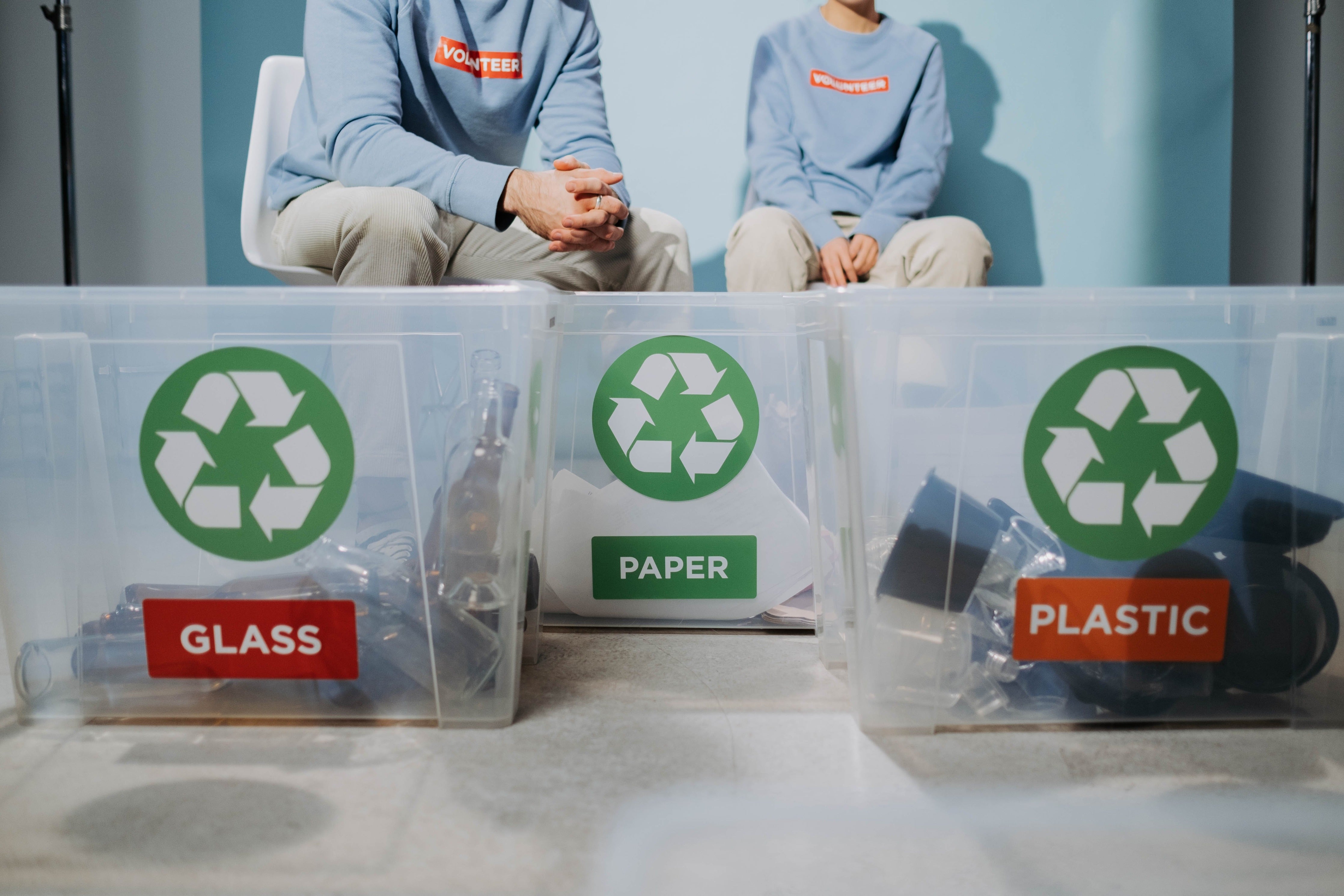Recycling plays a pivotal role in preserving our environment and reducing the impact of waste on our planet. However, not all recycling efforts are created equal. To maximize the positive impact of your recycling habits, it's crucial to understand the do's and don'ts of recycling. In this comprehensive guide, we'll explore the best practices for recycling, ensuring that your efforts contribute to a sustainable and eco-friendly future.
The Importance of Recycling:
Before delving into the do's and don'ts, let's revisit why recycling is so vital. Recycling conserves valuable resources, reduces energy consumption, and minimizes the amount of waste that ends up in landfills. According to a report by the Environmental Protection Agency (EPA), recycling one ton of paper saves 17 trees, 7,000 gallons of water, 3 cubic yards of landfill space, and 4,100 kilowatt-hours of energy.
Now, let's break down the do's and don'ts of recycling to ensure that every effort you make counts.
The Do's of Recycling:
1. Separate Materials Properly:
When sorting your recyclables, it's essential to separate materials correctly. Plastics, glass, paper, and metals should be sorted into designated bins to streamline the recycling process.
2. Clean and Dry Your Recycling:
Contamination is a significant issue in recycling. Rinse and dry recyclables, such as food containers, to prevent contamination from leftover residues. This ensures that the materials can be recycled efficiently.
3. Know Your Local Recycling Guidelines:
Recycling guidelines may vary by location. Familiarize yourself with your local recycling program's rules and regulations to ensure you're following the correct procedures.
4. Recycle Electronics Responsibly:
Electronic waste, or e-waste, is a growing concern. Recycle old electronics through designated e-waste programs to prevent hazardous materials from entering landfills.
5. Reuse Before Recycling:
Before tossing items into the recycling bin, consider whether they can be reused. Repurposing items extends their lifespan and reduces the overall demand for new products.
6. Educate Others:
Spread awareness about the importance of recycling within your community. Educating others can create a ripple effect, leading to more people adopting sustainable habits.
7. Support Sustainable Products:
Opt for products with minimal packaging and those made from recycled materials. By supporting sustainable products, you contribute to the demand for eco-friendly alternatives.
The Don'ts of Recycling:
1. No Plastic Bags in Recycling Bins:
Plastic bags can cause issues at recycling facilities. Avoid putting plastic bags in your recycling bin, and instead, bring them to designated drop-off locations at grocery stores.
2. Avoid Contaminating Recycling Bins:
Contamination occurs when non-recyclable items are mixed with recyclables. Avoid contaminating recycling bins with items like greasy pizza boxes, which can render entire batches of recycling non-recyclable.
3. No Hazardous Materials:
Do not include hazardous materials, such as batteries or household chemicals, in your recycling. These items require special disposal methods to prevent environmental harm.
4. Do Not Crush Glass:
While many materials benefit from being compacted, glass is an exception. Avoid crushing glass, as shattered pieces can contaminate other recyclables and pose safety risks for workers.
5. Don't Recycle Wet Paper or Cardboard:
Wet paper and cardboard lose their integrity in the recycling process. To avoid complications, keep paper and cardboard dry and separate from wet waste. Granger Waste Services highlights the importance of keeping cardboard and boxboard dry to maintain their recyclability [source](https://www.grangerwasteservices.com/cardboard-boxboard-recycling-dos-and-donts/#:~:text=Dirt%20and%20oil%20cause%20problems,and%20boxboard%20wet%20as%20well).
6. No Mixed Material Items:
Some items, like Tetra Paks or chip bags with foil lining, are made from mixed materials, making them challenging to recycle. Check with your local recycling program for guidance on these specific items.
7. Avoid Wishful Recycling:
Just because an item looks recyclable doesn't mean it is. Wishful recycling, or tossing questionable items into the bin, can lead to contamination. If in doubt, check your local guidelines or contact your recycling facility.
By adhering to the do's and don'ts of recycling, you can make a meaningful contribution to the health of our planet. From proper sorting and cleaning to avoiding contamination, every action you take plays a role in creating a more sustainable future. Share this guide with others, and together, let's make recycling an integral part of our daily lives, ensuring a greener tomorrow for generations to come.





